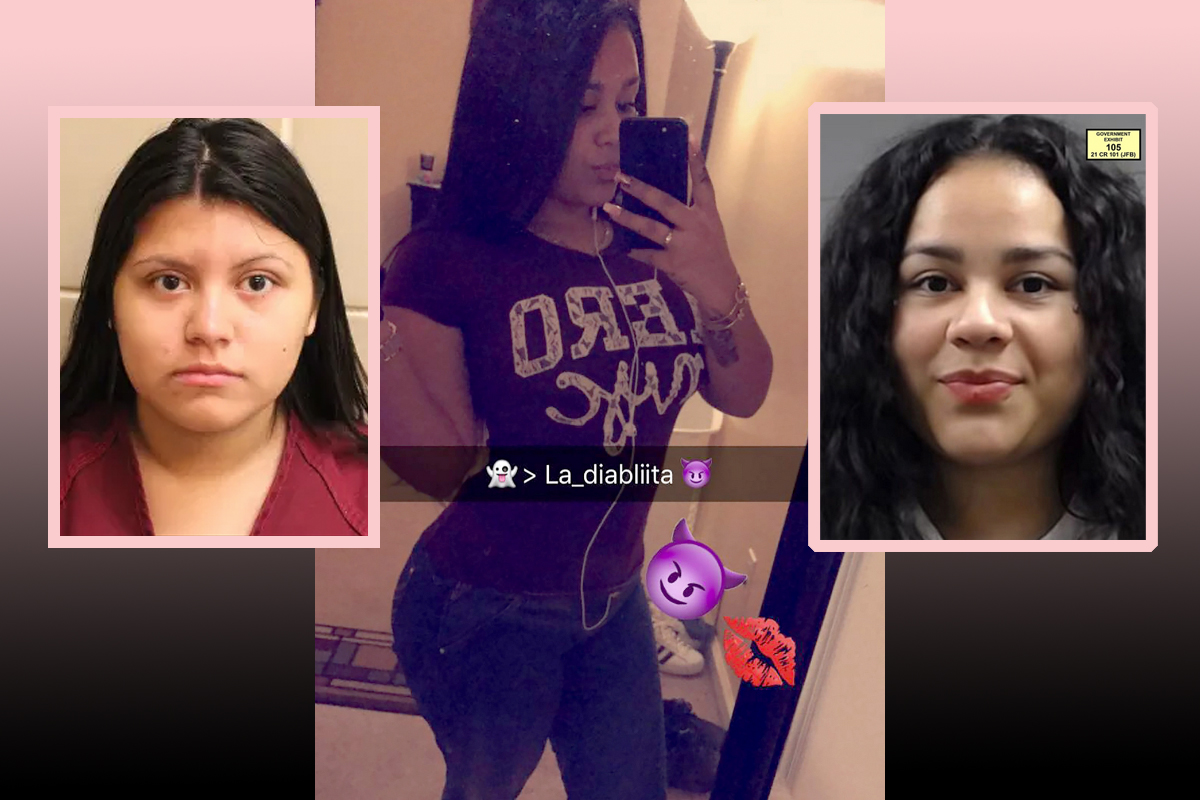Q I am a 73-year-old retiree. I have invested ₹20 lakh in SCSS schemes in the joint names of self and spouse besides ₹10 lakh in bank deposits. I have also invested in mutual funds over a period of time which have grown into a corpus of ₹20 lakh giving me annualised returns of about 15%. I have no liabilities.
As my pension income is not sufficient to cover my household expenses, I am considering exiting the MF investments and moving to bank fixed deposits which will fetch me about 7.5% returns to supplement my pension income. But exiting MFs will make me liable for LTCG tax as a one-time measure and the interest on FDs will impact me with Income Tax at my slab rate of 20%.
In view of the above, I am unable to make up my mind as to the best course of action. Please advise.
Anand Vasantrao Arabatti
A While we understand the tax burden, please come to terms with the fact that not much can be done to avoid tax. You can reduce it a bit. First, check with your auditor on whether the new tax regime would be beneficial for you or the old. You can switch it every year. By default, it will be the new tax regime.
Second, we do not know whether you hold equity or debt mutual funds. If you hold equity funds (going by your returns we assume you hold equity), the LTCG is taxed at 10% after deduction of ₹1 lakh of gain. You can consider moving in a phased manner every year.
So, you can consider making a phased exit. Assuming you hold equity funds (going by your returns), move a part of it to SCSS and RBI Floating Rate Savings Bonds to generate income.
Move only that part of the corpus that you think is needed to generate income for you. Allow the rest of your mutual funds, especially if it is equity, to grow.
If you happen to have debt mutual funds, then you can consider a systematic withdrawal plan (SWP) from it as a source of income. This way, you will be generating a monthly cash flow for yourself, but the tax is not on the entire amount and instead only on the gain component in each such withdrawal. SWP is superior in tax efficiency compared with interest income, but it is best done with low volatile options like debt funds.
Also, make sure if you use a SWP, you only withdraw a monthly sum that is lower than the average returns of your funds so that you don’t end up drawing down the capital too soon.
Q How can I become an expert in personal finance? Not professionally but just to manage my personal finance and to make wise investments.
K. Shalivahan
A The best way to learn is to start investing yourself. You can start investing small sums in simple and good products like PPF and bank deposits. You can then learn a little more about money and investing by reading. You can consider reading books such as Let’s Talk Money by Monika Halan and You can be rich too: With Goal Based Investing (P.V. Subramanyam and M. Pattabiraman) to know the basics of money and financial planning.
Start using calculators that will tell you how much to save (at an assumed rate of return) to reach a specific goal in a certain time.
You can go to mutual fund websites to know the basics. Once you understand this a bit, you can then try to read about how stock markets work and how to understand a company’s financials and business prospects.
Regularly read business news through business newspapers or business news websites. You can check our Prime varsity for basics on personal finance, mutual funds, and stocks.
Importantly, do not get too swayed by the ‘easy money’ talk that you will hear all around you, especially in social media. Listen to audios or videos of market tips but know that — like any other journey, the financial journey also takes time to travel. There will be no short cuts that can sustain.
(The writer is co-founder, Primeinvestor.in)









.png?h=c40ac834&itok=xufpv5Fj)





